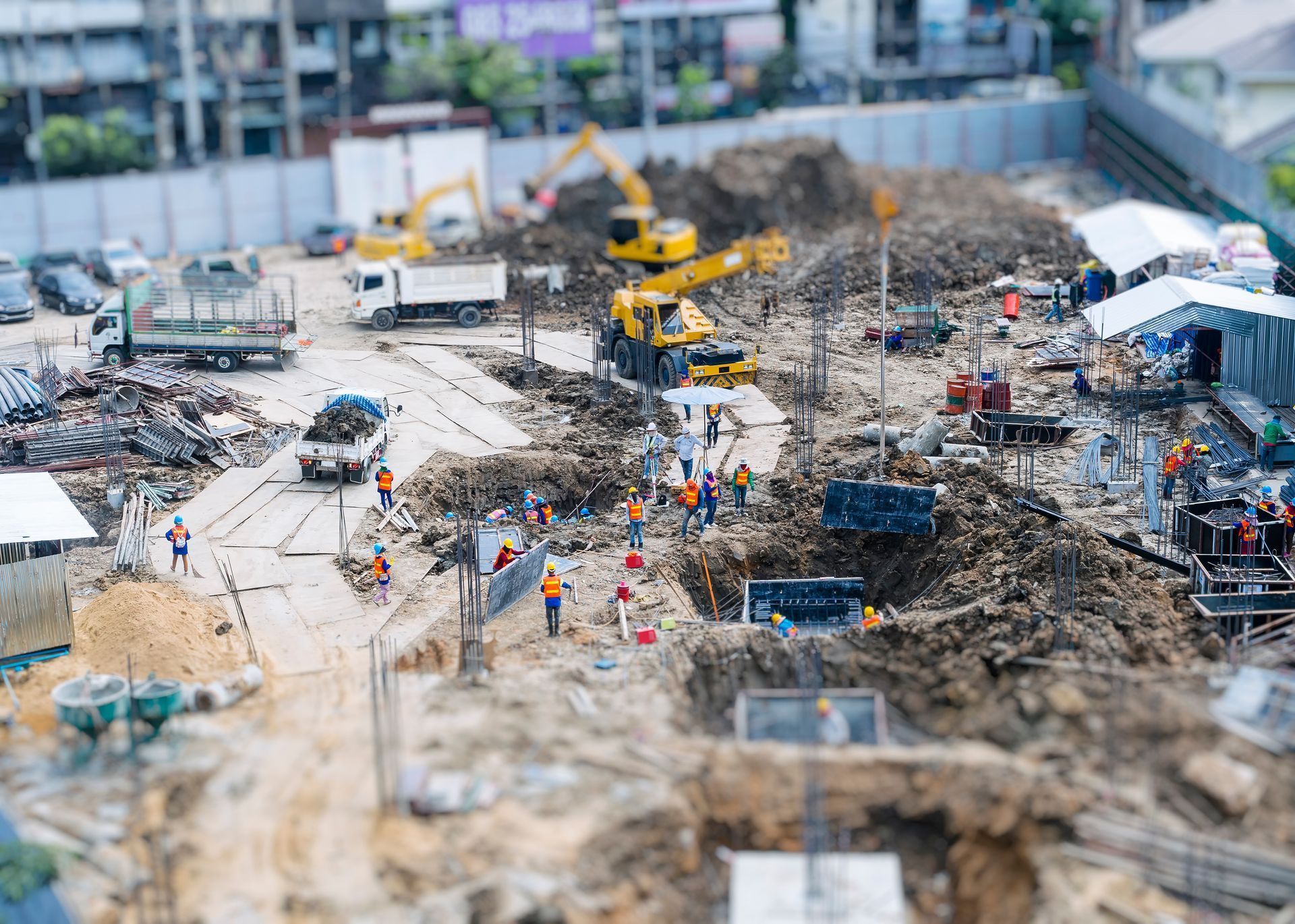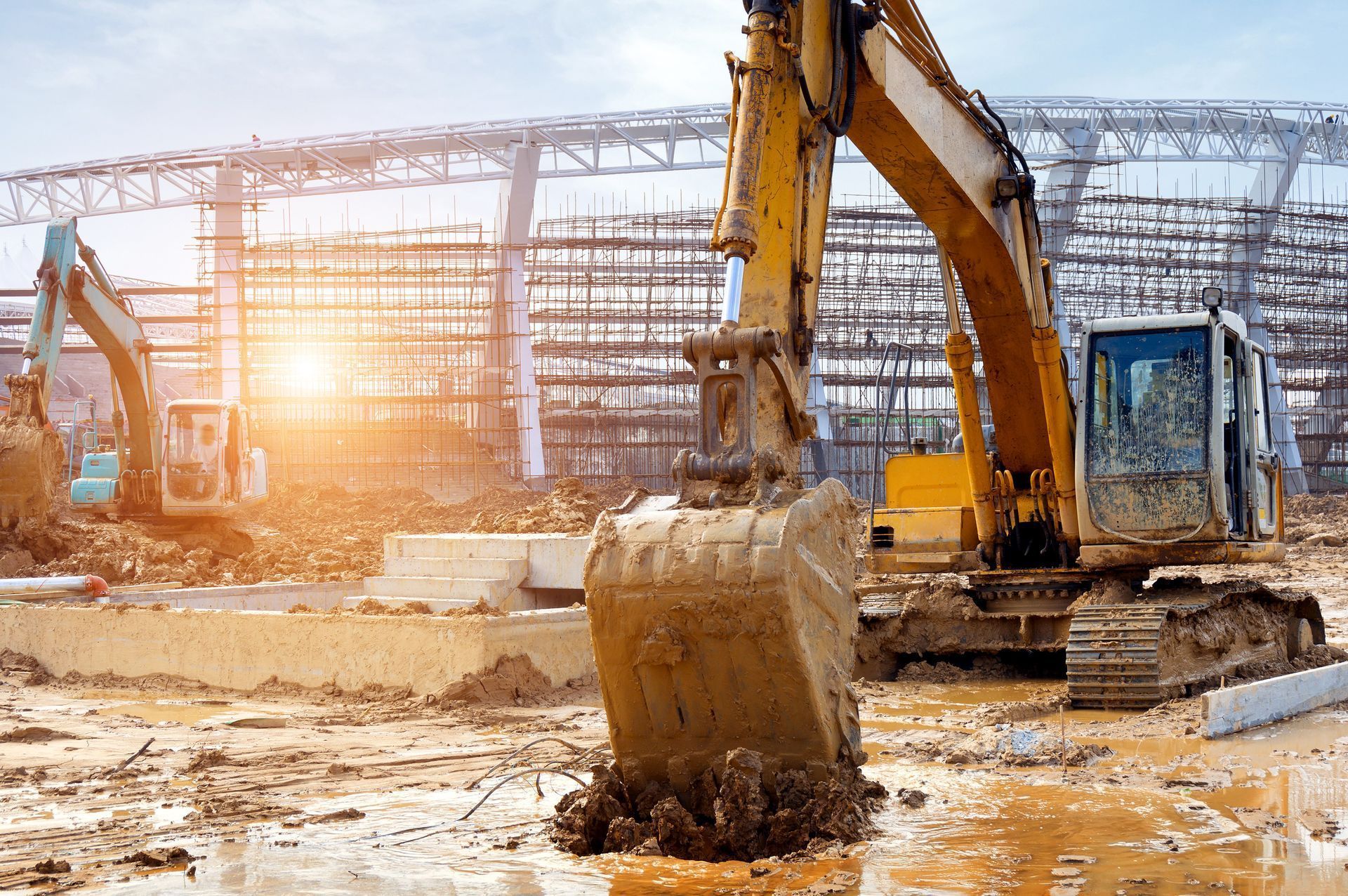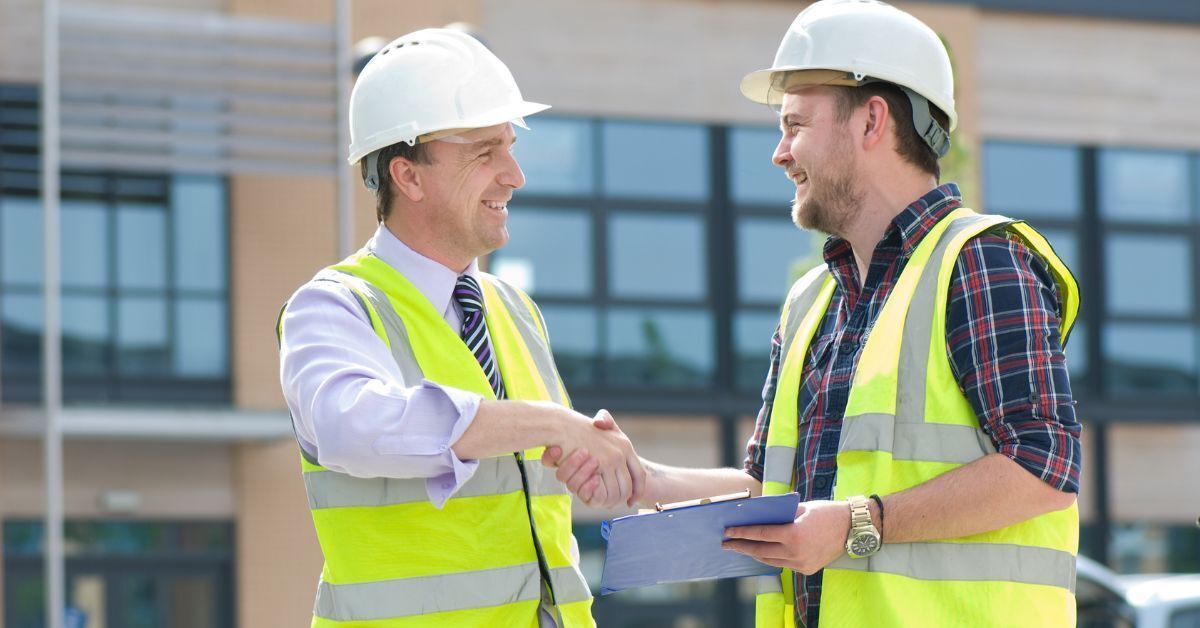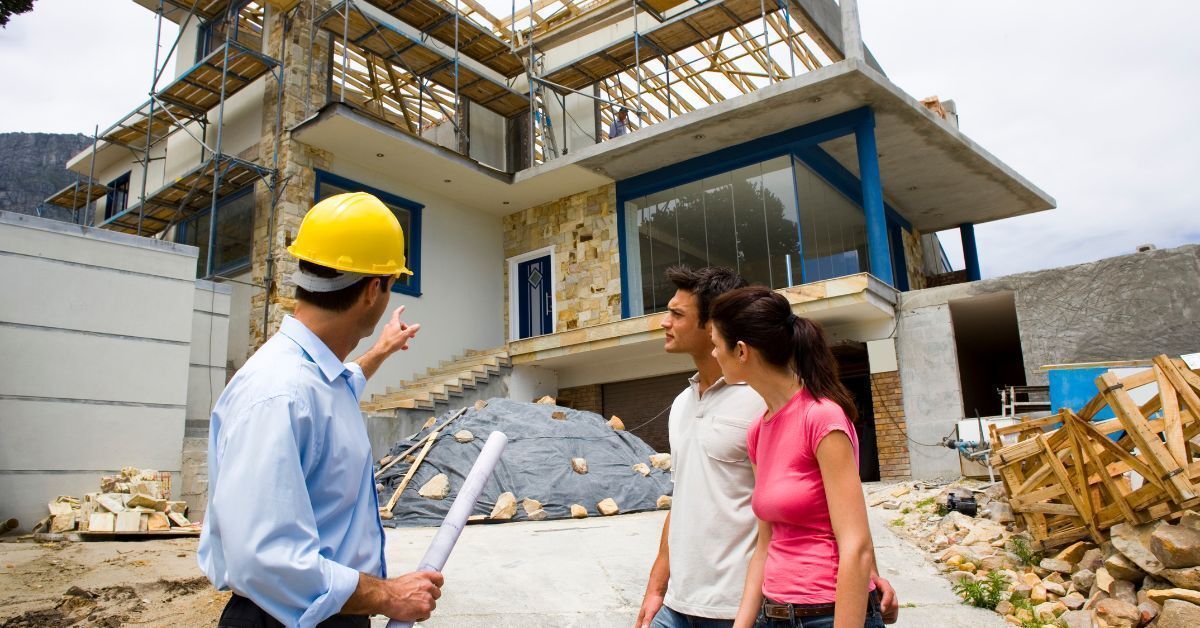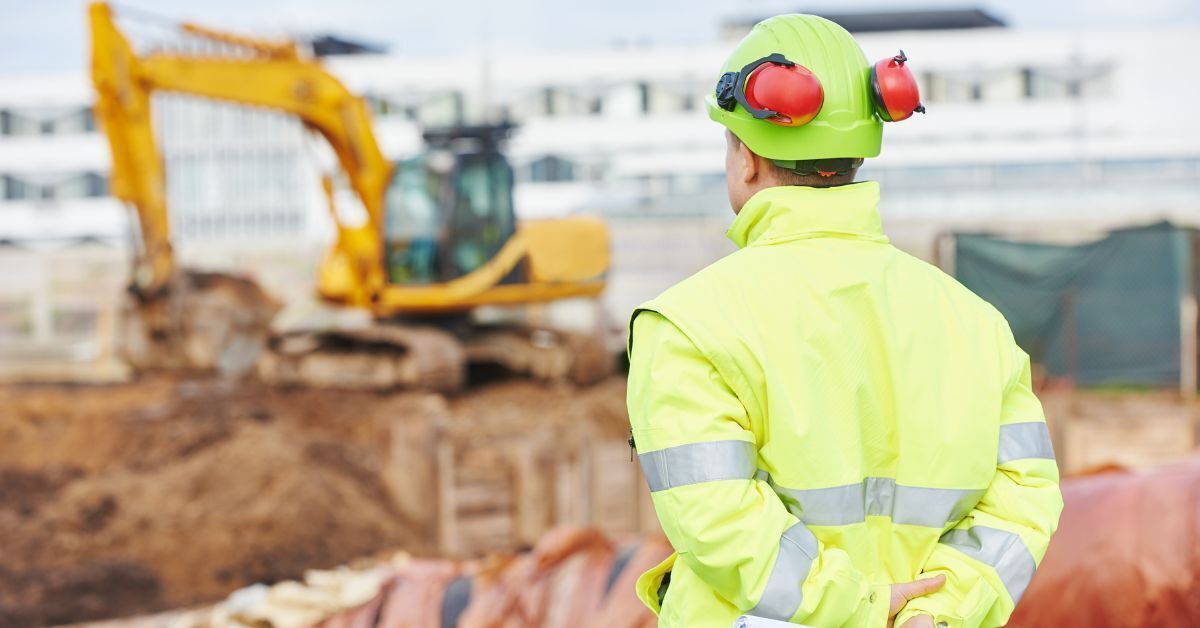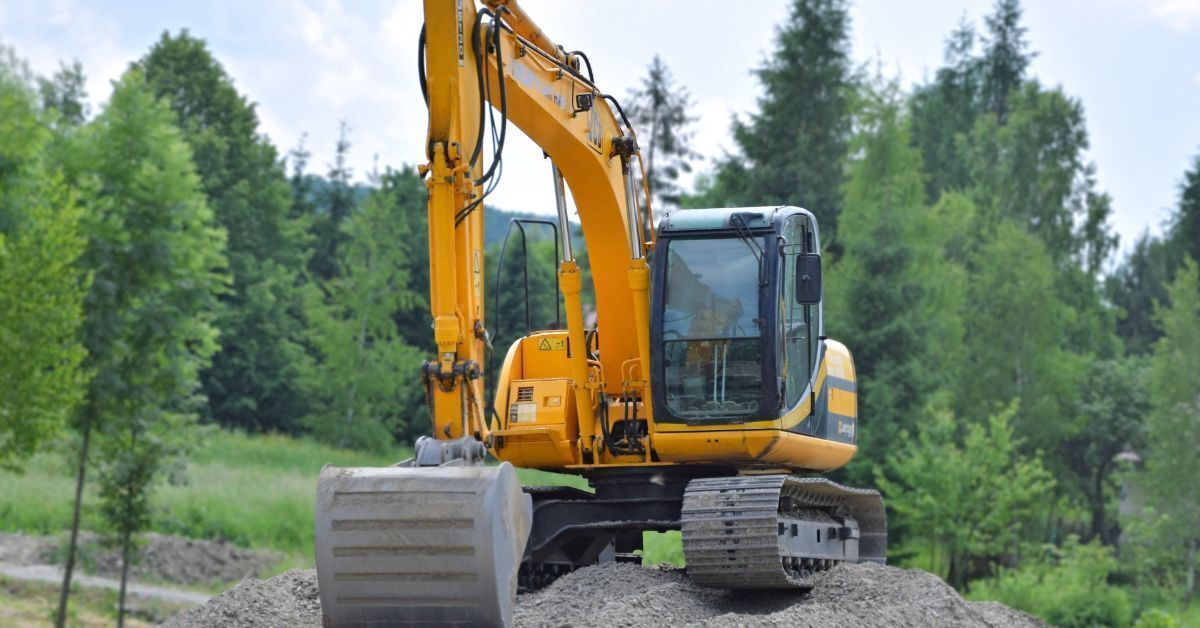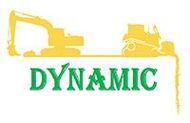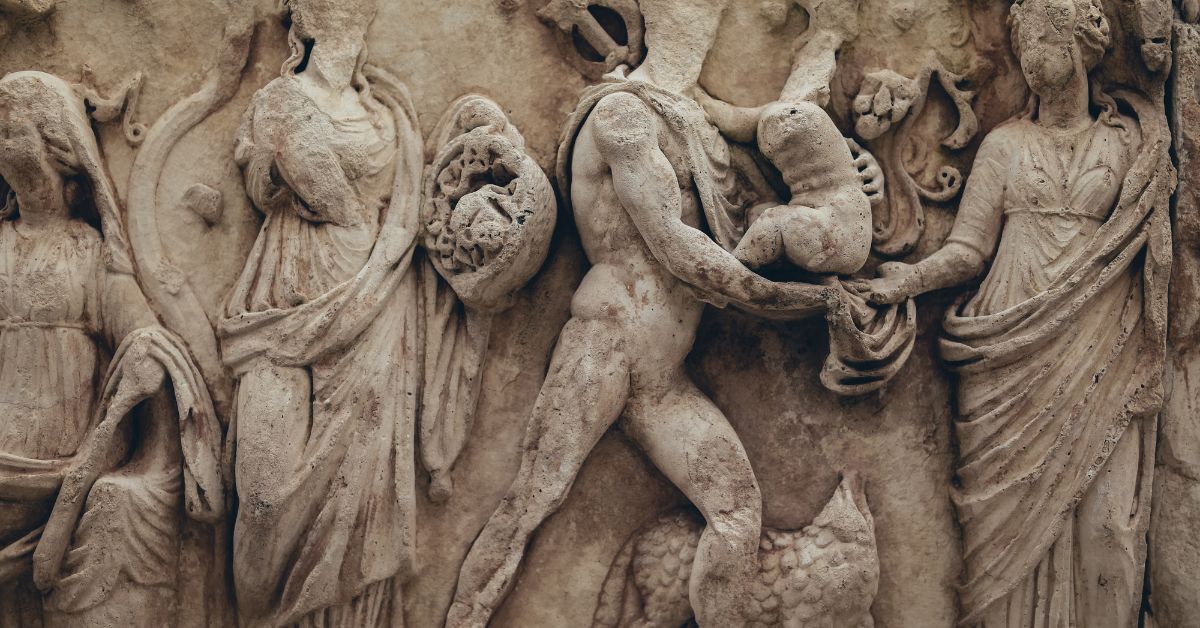The Role of Excavation in Archaeology and Cultural Heritage Preservation
Archaeology is an important tool for uncovering the past. Through excavation, archaeologists are able to piece together stories from history that would otherwise remain untold. Excavation is a vital part of archaeology and cultural heritage preservation as it allows us to discover valuable artifacts, manuscripts, ruins, and other pieces of our collective past. By hosting excavations, archaeologists not only uncover the secrets of our past but also gain insight into how cultures evolved and interacted with each other.
In this blog post, we will explore the role of excavation in archaeology and cultural heritage preservation to better understand why it is so important for us to preserve these stories. We will discuss how excavation reveals clues about our past, the importance of preserving cultural heritage, and the potential benefits that come from these kinds of projects. By delving into the role of excavation in archaeology and cultural heritage preservation, we can better appreciate why it is so important to continue this work. We hope that our insights will help you gain a deeper understanding of this fascinating field.
1. Uncovering Historical Artifacts and Other Evidence of Past Cultures
In the field of archaeology, excavating is an essential component of understanding and protecting the past. Through thorough excavation, archaeologists can uncover artifacts and other evidence revealing details about cultures long gone.
The rich history embedded in these objects allows us to gain a better insight into how civilizations existed previously. Settlements and other structures are often unearthed as well, helping experts to further comprehend the social dynamics during particular eras.
All of this serves not only as a way for us to pay homage to those who came before us, but also to fill in knowledge gaps so that future generations will be able to appreciate our global heritage even more. In this way, archaeological excavation is an invaluable tool for cultural heritage preservation.
2. Learning How Ancient Societies Interacted With Their Environment
Since cultural heritage revolves around the activities of past societies, excavation is a key tool in archaeological research. By digging through layers of sediment and examining the material remains left behind, archaeologists are able to gain unique insights into how ancient societies interacted with their environment.
The data that these investigations generate can be put together to form a narrative about how technological developments and environmental conditions altered human behavior over long periods of time. Thus, not only does excavation help us understand how ancient societies operated, but it also reveals the importance of cultural landscapes and the connections between people and their environment.
3. Studying the Emergence of New Technologies, Beliefs, Religions, and Art Forms
Archaeology is not just about uncovering artifacts from the past, it is also about understanding how people lived and how cultures evolved. Through excavation, archaeologists are able to examine how new technologies, beliefs, religions, and art forms emerged throughout historical periods.
By looking at the type and arrangement of artifacts found at a site, researchers can piece together an idea of the time period in which they belong. For example, if tools of a certain shape are recovered from an excavation site along with other items that have been radiocarbon dated to a particular era, researchers may conclude that the shape of the tool was typical for that time period.
This helps archaeologists interpret broader patterns in cultural development as well as its significance within a larger context. Excavation, therefore, is essential in discovering our history and understanding cultural heritage preservation.
4. Understanding How People Adapted to Different Climates and Landscapes Over Time
Through the careful practice of excavation, archaeologists are able to discover how civilizations and societies lived many years ago. Excavation is a key part of understanding how people adapted to different climates or landscapes over time by learning how they lived and how their environment changed around them.
Archaeologists look for patterns in things such as tools and pottery fragments found at excavation sites to realize changes in climate or nutrition that had a lasting impact on ancient societies. Being able to discover buried artifacts gives us an inside look into the incredible history of our past, which helps us preserve our world's rich cultural heritage today.
5. Improving Knowledge About Human Origins and Migrations
Excavation is an important part of archaeology and cultural heritage preservation, aiding in the investigation of ancient objects, structures, and settlements. Through their work excavators are able to help improve understanding of human origins and migrations throughout history.
Thanks to advances in excavation techniques, we now have a better sense than ever before of how people lived many centuries ago as well as where they moved throughout different geographies. For example, sifting through "traces" like pottery shards give us clues to when people first started settling down into villages and towns rather than living nomadic lifestyles.
Furthermore, analyzing fossil evidence can provide insight into when certain species left a particular geographic range or died out completely. Without archeological excavation, it would be impossible to understand our collective past in any great level of detail.
6. Providing Insights Into Settlement Patterns, Economic Activities, Trade Networks, Etc., That Help Interpret the Archaeological Record
The archaeological record is an invaluable source of information about human history, providing insights into settlement patterns, economic activities, trade networks, and much more. Excavation plays a critical role in interpreting this record as it allows us to uncover artifacts and other evidence from past cultures. By carefully analyzing the unearthed material remains, archaeologists are able to gain unique insights into how civilizations interacted with their environment over time. Here are five ways that excavation helps to interpret the archaeological record:
- Tracing Changes in Settlements Over Time: Examining the arrangement of artifacts and features at an excavation site can provide information about past settlement patterns, allowing archaeologists to trace changes over long periods of time.
- Examining Trade Networks: Excavation can be used to uncover evidence of long-distance trade networks and the goods exchanged between different cultures.
- Understanding Economic Activities: Unearthing tools, weapons, ornaments, and other artifacts allow us to gain a better understanding of how past societies' economies operated.
- Identifying Cultural Influences: Examining the material remains from the excavation can help archaeologists identify cultural influences on a particular society and distinguish between local and foreign elements.
- Investigating Technology Changes: Through excavation, researchers can learn about how ancient technologies evolved over time and observe how new types of tools or weapons were adopted and used.
Archaeological excavation is an invaluable tool for uncovering ancient artifacts and other evidence from past civilizations. It helps us to understand our collective history, learn about human origins and migrations, and gain insights into how societies interacted with their environment over time. By piecing together the archaeological record, we are able to better appreciate and protect our cultural heritage for the future. By excavating, we are able to honor the past and gain a richer understanding of our shared history.
7. Establishing a Baseline for Understanding Long-Term Environmental Change
One of the most important roles excavation plays in archaeology and cultural heritage preservation is to establish a baseline for understanding long-term environmental change. By digging, archaeologists can collect an array of artifacts including tools, artwork, ceramics, and other materials that provide clues about a society’s development over time.
These data allow experts to construct meaningful relationships between past and present ecosystems, which helps inform current decisions about sustainable use and conservation of land. For example, studies on soil samples and pollen assemblages uncovered by archaeological excavations can reveal changes in vegetation cover over centuries or millennia—information critical to planning out the smart use of agricultural resources today.
Ultimately, excavation helps us understand the complex interplay between people, environment, and culture so we can preserve our most precious cultural heritage for future generations.
Archaeological excavation is a critical tool for uncovering the secrets of our past and preserving our cultural heritage. By carefully digging through layers of sediment and examining the material remains left behind, archaeologists are able to gain unique insights into how civilizations existed previously and interacted with their environment. Furthermore, by understanding changes in settlement patterns, economic activities, trade networks, and technologies over time, we can honor the past and gain a richer understanding of our shared history. Ultimately, excavation is essential for preserving our cultural heritage for future generations to appreciate and enjoy.
Are you planning a demolition or earthwork project and need the help of professional contractors? Contact
Dynamic Earth Solutions today! Our team can provide top-notch client service while ensuring maximum safety at all times. We have over 30 years of experience in excavation and demolition services, so you can trust us to get the job done right. All our employees are highly trained, and we make sure to never be short-staffed when it comes to potential risks. Get in touch with us now to get a free estimate of your demolition expenses. Call 405 446 6327 or fill out our online contact form today! We look forward to hearing from you soon!
